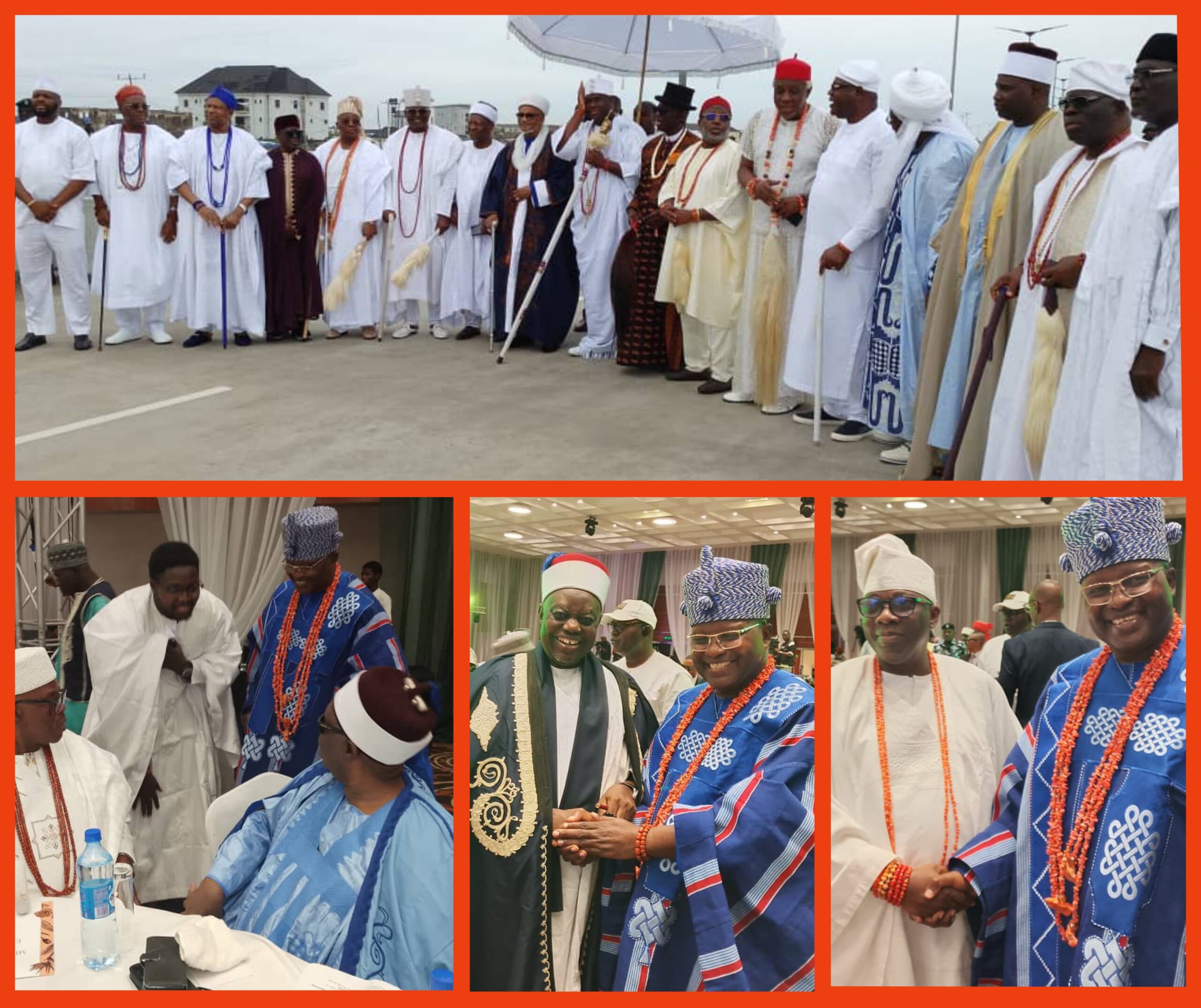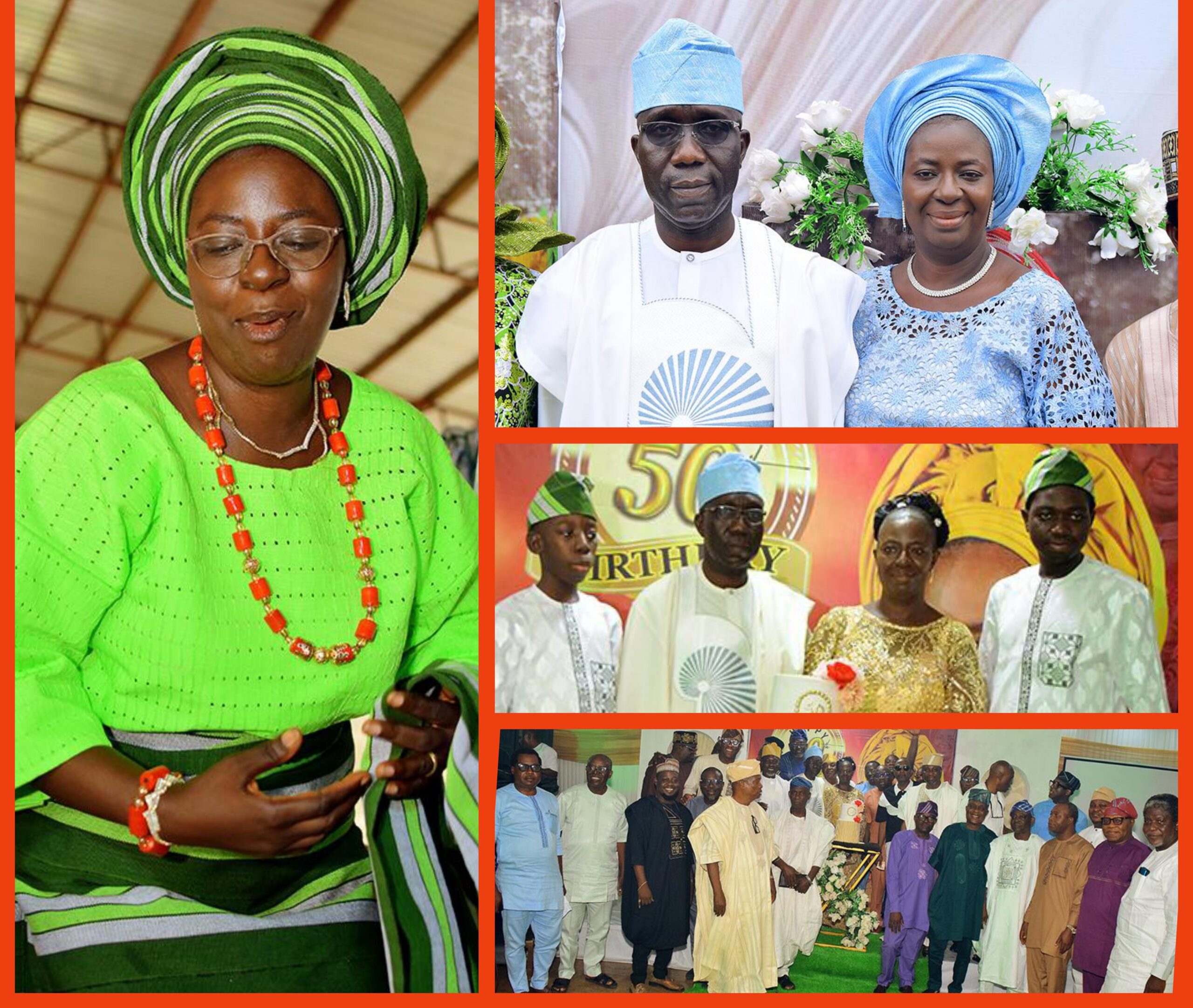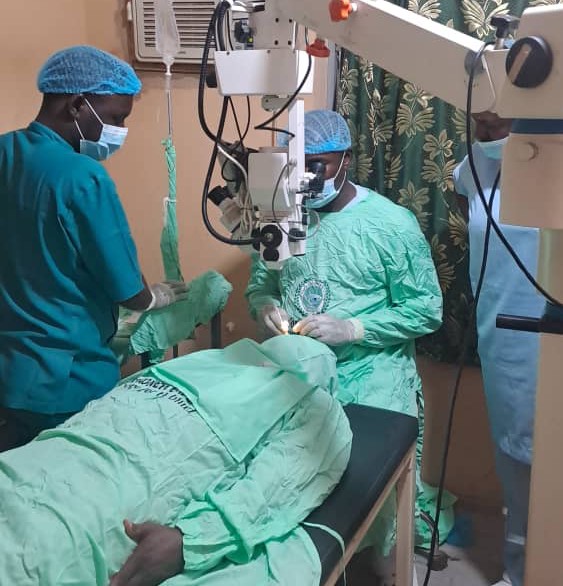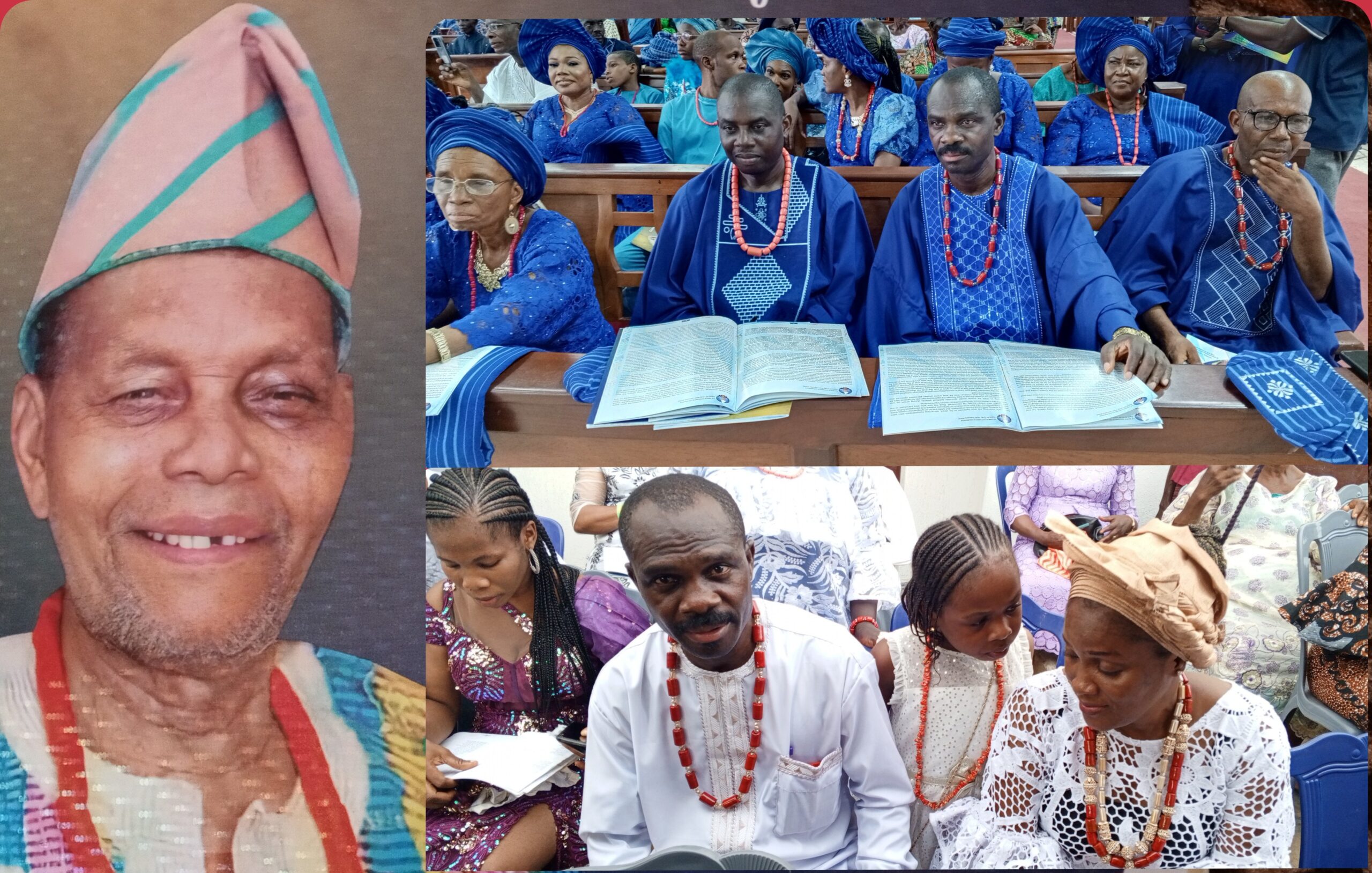

“Across the country, our traditional rulers carry out essential responsibilities that keep our communities united and functional; mediating conflicts, preserving culture, and maintaining order”
By Nudoiba Ojen
The National Executive Committee Meeting tagged Lagos 2025 organized by the National Council of Traditional Rulers of Nigeria (NCTRN) was yet another moment for Nigerian monarchs to chart ways forward for the country vis a vis stronger institutional recognition for them.
The NCTRN Chairman and the Sultan of Sokoto, Alhaji Muhammad Sa’ad Abubakar III; alongside the NCTRN Co-Chairman and the Ooni of Ife, Oba Adeyeye Enitan Ogunwusi, led select traditional rulers to the event graced by President Bola Tinubu; Imo State Governor, Hope Uzodimma; and the host governor, Lagos State Governor Babajide Sanwo-Olu.



The meeting brought together royal fathers from across the country to deliberate on the constitutional relevance of traditional leadership in modern governance.
The meeting has the theme, “The Traditional Institution: The Imperative of its Inclusion in the Effective and Efficient Governance in Nigeria.”
The NCTRN Zonal Coordinator Southwest and the Oore of Otun Ekiti, Oba Adekunle Adeayo Adeagbo, who did the opening prayer prayed for peace, development and unity in the country, the different communities and long life for the monarchs.



Oba Adeagbo, in a chat with journalists after the meeting, described traditional rulers as “custodians of culture, tradition and values…and they are the stabilizers of the nation since it is a life tenure”.
The Sultan of Sokoto, Alhaji Abubakar, commended Tinubu for his commitment to national unity and expressed optimism that the discussions at the meeting would lead to stronger institutional recognition for traditional rulers.
The Sultan urged traditional rulers to sustain their efforts in promoting peace and security in their domains, while describing their collaboration with government as key to building a stable and prosperous nation.



Earlier in his welcome address, Lagos State Governor, Sanwo-Olu, described the meeting as timely, noting that traditional institutions had always served as the trusted bridge between the people and government.
“Long before modern governance took shape, our traditional rulers were the bedrock of stability and justice. Even today, no government can thrive without their support,” he said.
Sanwo-Olu, who said military intervention in governance weakened the traditional system, said, “But democracy offers an opportunity for restoration. Our royal fathers must continue to push for constitutionally-backed relevance. Lagos will always support this cause”.



In his address, President Tinubu said traditional rulers remains the most enduring link between government and the people and must be formally recognised within the governance framework.
Tinubu, who was represented by Imo State Governor Hope Uzodinma, said that the traditional institution continued to perform crucial roles in promoting peace, cohesion and stability, in spite of the absence of constitutional backing.
He said, “Across the country, our traditional rulers carry out essential responsibilities that keep our communities united and functional; mediating conflicts, preserving culture, and maintaining order,” he said.



Tinubu recalled that traditional rulers had defined roles in the country’s early constitutional order, citing the 1963 Republican Constitution, which gave them legislative presence and participation in governance.
He lamented that the 1979 and 1999 constitutions failed to restore such recognition, leaving the institution to operate informally.
“This is not a question of nostalgia but one of institutional continuity. Our royal fathers are still doing the work; what they need is formal recognition by law,” he said.



The president urged the National Assembly to revisit the issue, stressing that some African countries like Ghana, South Africa, and Namibia had already constitutionally entrenched their traditional institutions without undermining democracy.
After the event, the Council inspected the ongoing Lagos – Calabar Coastal Road project and as well graced the opening of the New Ojaja Suites at Ogombo, Lekki, Lagos.
































